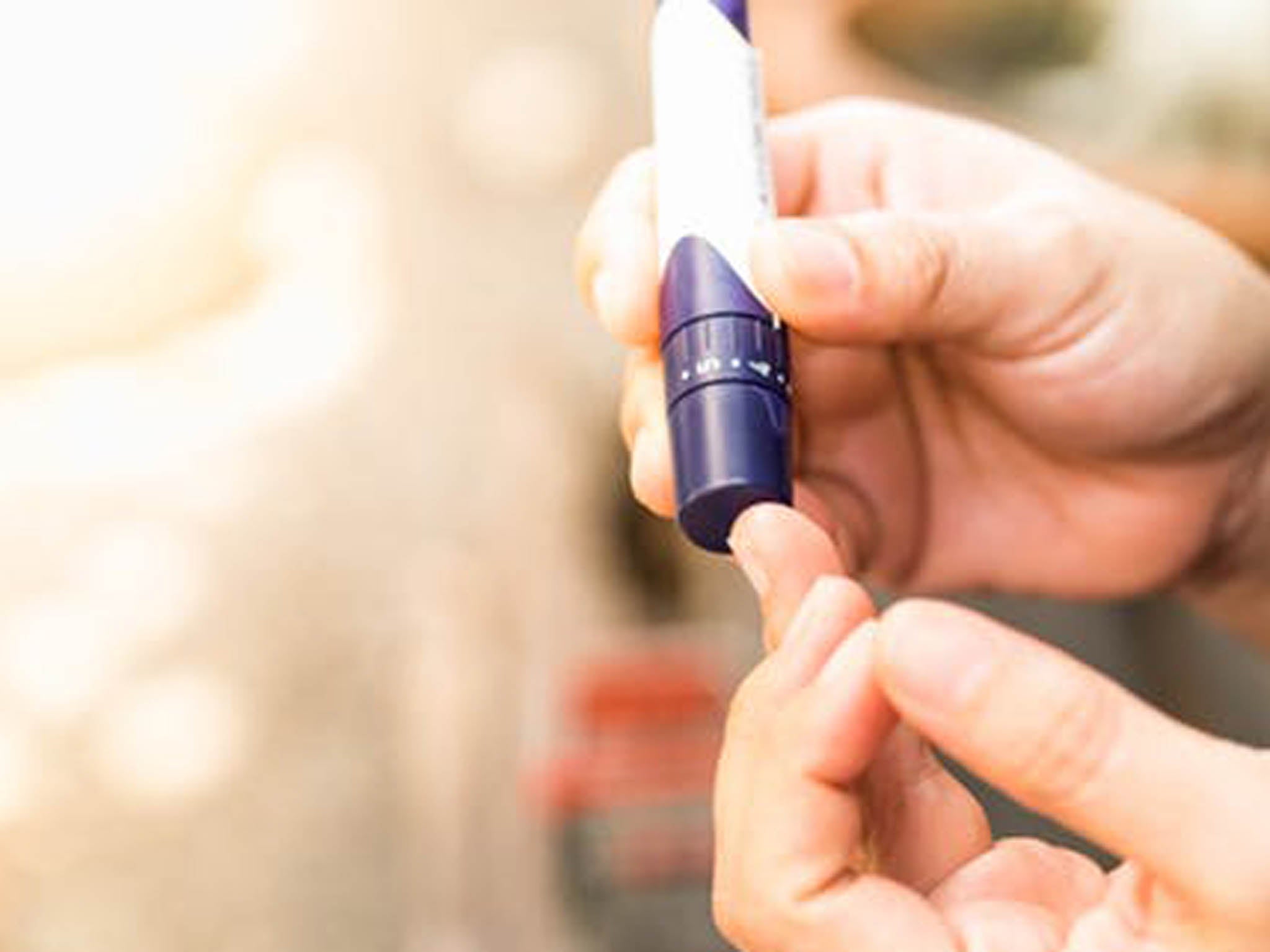‘Holy grail’ of insulin pill could end need for diabetics’ daily injections
'Our approach is like a Swiss army knife, where one pill has tools for addressing each of the obstacles that are encountered'

Your support helps us to tell the story
From reproductive rights to climate change to Big Tech, The Independent is on the ground when the story is developing. Whether it's investigating the financials of Elon Musk's pro-Trump PAC or producing our latest documentary, 'The A Word', which shines a light on the American women fighting for reproductive rights, we know how important it is to parse out the facts from the messaging.
At such a critical moment in US history, we need reporters on the ground. Your donation allows us to keep sending journalists to speak to both sides of the story.
The Independent is trusted by Americans across the entire political spectrum. And unlike many other quality news outlets, we choose not to lock Americans out of our reporting and analysis with paywalls. We believe quality journalism should be available to everyone, paid for by those who can afford it.
Your support makes all the difference.An insulin pill which could prove to be the “holy grail” of diabetes treatment has been developed by scientists.
Researchers have created a pill which could dramatically transform the way diabetics keep their blood sugar levels in check.
It is hoped the oral delivery of insulin could eliminate the need for painful injections, which up to 40 million people living with type 1 diabetes require once or twice a day.
In research published in the journal Proceedings of the National Academy of Sciences, researchers at the Harvard John A Paulson School of Engineering and Applied Sciences (SEAS) outlined how they found a way to deliver insulin orally.
They said the pill could also mitigate many of the disease’s life-threatening side effects that result from patients avoiding insulin therapy, which is administered from an injection under the skin or delivered by an insulin pump.
“But many people fail to adhere to that regimen due to pain, phobia of needles, and the interference with normal activities,” said Samir Mitragotri and Hansjorg Wyss, two of the report’s authors. “The consequences of the resulting poor glycemic control can lead to serious health complications.”
Scientists have previously struggled to deliver insulin orally due to the fact it does not fare well when it encounters acids in the stomach and is poorly absorbed out of the intestine.
“Once ingested, insulin must navigate a challenging obstacle course before it can be effectively absorbed into the bloodstream,” said Mr Mitragotri.
“Our approach is like a Swiss army knife, where one pill has tools for addressing each of the obstacles that are encountered.”
To resist the breakdown of the insulin by gastric acid in the gut, the researchers used a capsule with an acid-resistant coating. When the coating reaches a more alkaline environment in the small intestine, it dissolves, releasing the insulin.
The insulin itself is carried in an ionic liquid comprised of choline (a vitamin-like essential nutrient) and geranic acid (a chemical which occurs naturally in cardamom and lemongrass and is widely used as a food additive), which can break through the layer of muscle lining the intestine and navigate the tight cell junctions of the intestine walls.
Another of the report’s authors, Amrita Banerjee, explained: “When a protein molecule such as insulin enters the intestine, there are many enzymes whose function is to degrade the proteins into smaller amino acids. But the ionic liquid-borne insulin remains stable.”
According to the researchers, the resulting formulation is biocompatible, easy to manufacture and can be stored for up to two months at room temperature without degrading – longer than some injectable insulin products currently on the market.
“It has been the holy grail of drug delivery to develop ways to give protein and peptide drugs like insulin by mouth, instead of injection,” said Mark Prausnitz, junior chair in chemical and biomolecular engineering at the Georgia Institute of Technology, said.
Mr Prausnitz, who was not involved in the research, added: “This study shows remarkable results where insulin given by mouth in combination with an ionic liquid works about as well as a conventional injection.
“The implications of this work to medicine could be huge, if the findings can be translated into pills that safely and effectively administer insulin and other peptide drugs to humans.”
The researchers plan to conduct more animal testing, as well as long-term toxicological and bioavailability studies.
They say they are optimistic they will get the approval for clinical trials in humans if all goes well, as the ionic liquids choline and geranic acid are already considered safe
It is also hoped the approach could be used for the oral delivery of other proteins.
Join our commenting forum
Join thought-provoking conversations, follow other Independent readers and see their replies
Comments